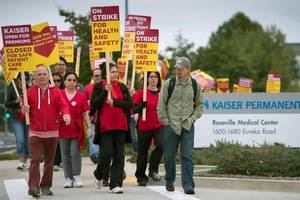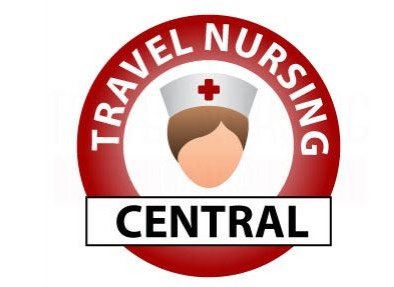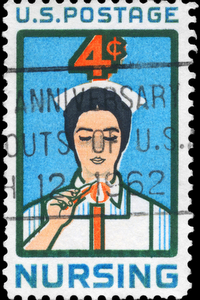
In the News: Kaiser Nurse Strike
Nurse strikes happen. And when they do it’s often traveling nurses who step in as replacements to ensure that patient care does not suffer while their peers make a statement about safe staffing levels, contract negotiations, and other such issues. Currently in the news: the Kaiser Nurse Strike.
This week, an estimated 16,000-18,000 nurses went on a two-day strike from Kaiser Permanente hospitals in California’s Bay Area and nearby locations. The buzz has been that the nurses are striking about a perceived lack of Ebola preparedness. But, according to NBC Bay Area, a spokeswoman from the California Hospital Association, Jan Emerson-Shea, says the California Nurses Association union is “using the crisis to further its own agenda.” Emerson-Shea told NBC Bay Area that the union was “using Ebola as a ruse.”
The timing of the strike coincides with the National Nurses United union’s national “day of action” through which thousands more nurses across more than a dozen states have been rallying behind enhanced Ebola preparedness. In response specifically to the Ebola issue, Kaiser says it, “thoroughly follows state and federal protocols on Ebola preparation and response.”
According to NBC Bay Area, “The registered nurses on strike said they need Kaiser to focus on enhancing staffing levels to ensure safe patient services, for instance, not rushing a patient out on early discharge.”
A Kaiser rep countered that the system “matches the nursing staff to patient needs,” adding that Kaiser has “incredibly safe staffing” and offers resources in support of its nursing staff.
The Kaiser system and the California Nurses Association union have reportedly been in contact negotiations since July 2014, and reports indicate that these talks have been very strained.
Kaiser hospitals and facilities have stayed open during the strike, with replacement nurses providing patient care for them to do so.
Here’s hoping that whatever the outcome is, it includes safe staffing levels which are optimum for preventing nurse burnout and providing safe patient care.



 Looking for a reason to celebrate this week? Friday, October 10, 2014, is
Looking for a reason to celebrate this week? Friday, October 10, 2014, is 









